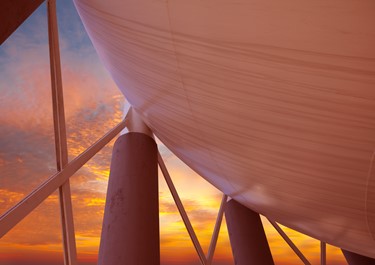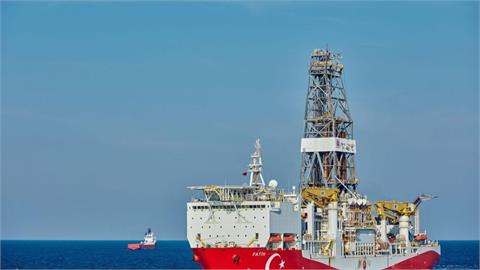The oil and gas industry is entering its newest period of rapid change and uncertainty. This week crude posted the biggest monthly loss since July 2016 amid a surprise jump in U.S. crude inventories
The oil and gas industry is entering its newest period of rapid change and uncertainty. This week crude posted the biggest monthly loss since July 2016 amid a surprise jump in U.S. crude inventories. A number of other factors – from key OPEC producers boosting output to threats of weaker demand – also affected the market, with the backdrop of an escalating trade dispute between the U.S. and China. Additionally, U.S. President Donald J. Trump has said he would be willing to meet Iranian President Hassan Rouhani without preconditions, following the United States’ decision to withdraw from a 2015 nuclear deal.
The world oil market tends to experience significant global shocks once or twice a decade. The 70s saw the Arab-Israeli war and the Iranian revolution. The 80s saw OPEC abandoning its fixed pricing structure in the early part of the decade, followed by the Iran-Iraq War. The 90s saw the first Gulf War, the early 2000s the American invasion of Iraq, while the financial crisis of 2008 has defined our economic climate for the past ten years.
At present, we’re entering a highly paradoxical period. Our global politics seems more divided than ever, while technological progress is providing unprecedented opportunities for collaboration. The oil & gas industry is the perfect illustration of this paradox. Oil and gas companies have seen the landscape in which they operate shift enormously, requiring strategies capable of navigating sweeping geopolitical, societal and technological changes.
Too much of the commentary around energy is dominated by extremes – from the demise of oil to the dominance of renewables or nuclear. But with the world’s population projected to increase by 2 billion by 2050, many of them in energy-hungry urban environments, current technology simply does not support the provision of global energy needs solely on renewables: hydrocarbons will continue to be a vital part of this future energy mix.
With a free trade agreement between the EU and the GCC becoming a real possibility, our focus should turn to the way we approach oil & gas in the wake of a deal that could overhaul existing conditions of trade, especially for Europe’s ailing downstream sector. Just removing tariffs and reducing non-tariff barriers alone would result in an estimated $64.4 billion addition to the GDP of the Arabian Gulf economies, while a comprehensive Free Trade Agreement would increase returns up to $2.1 billion for producers. Roughly 12% of the Arabian Gulf’s polymers production currently lands in Europe, much lower than the 50% of its total production which is shipped to China.
Among the Gulf States, the UAE is uniquely placed to capitalse on a new trade agreement with Europe. While Saudi Arabia remains the world’s largest exporter of crude oil, the vastly smaller UAE follows not far behind – yet while headlines have focused on the Saudi Aramco IPO and President Trump’s unpredictable utterances on Iran, the UAE has quietly leapfrogged its larger regional neighbors in navigating changes reshaping the oil and gas industry. ADNOC – Abu Dhabi’s state-owned oil company and the world’s 12th-largest oil company by production – recently unveiling plans to invest $45 billion in downstream over the next five years, to establish a leading role in this market. This is a smart move: booming middle classes in China, India and Latin America have driven an enormous global increase in demand for consumer goods – electronics, automotives, and pharmaceuticals, to name but a few – that are fundamentally reliant on petrochemicals.
In recent years, the world has also seen the emergence of a new global energy trade map, driven by a broader West to East, North to South shifts in economic and political power and strategic and technical influence. The UAE sits as a strategic hub at the heart of these changes, something that is well recognized within the industry. Since the 80s, Abu Dhabi has convened representatives from almost every major oil and gas-producing nation, alongside senior executives from BP to Gazprom, at their flagship ADIPEC conference to review and shape consensus on global energy issues. With an FTA with the GCC looking imminent, Europe needs to start paying closer attention to such conversations.




